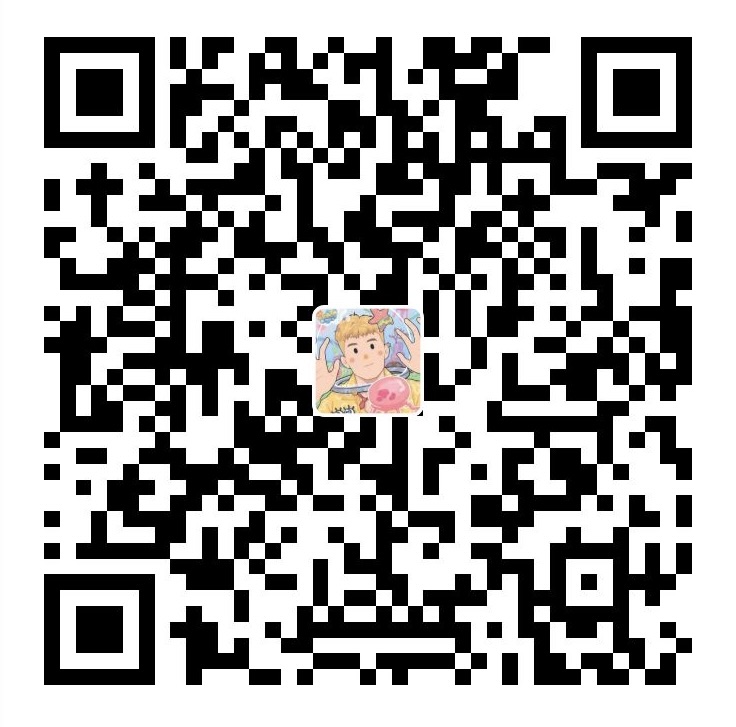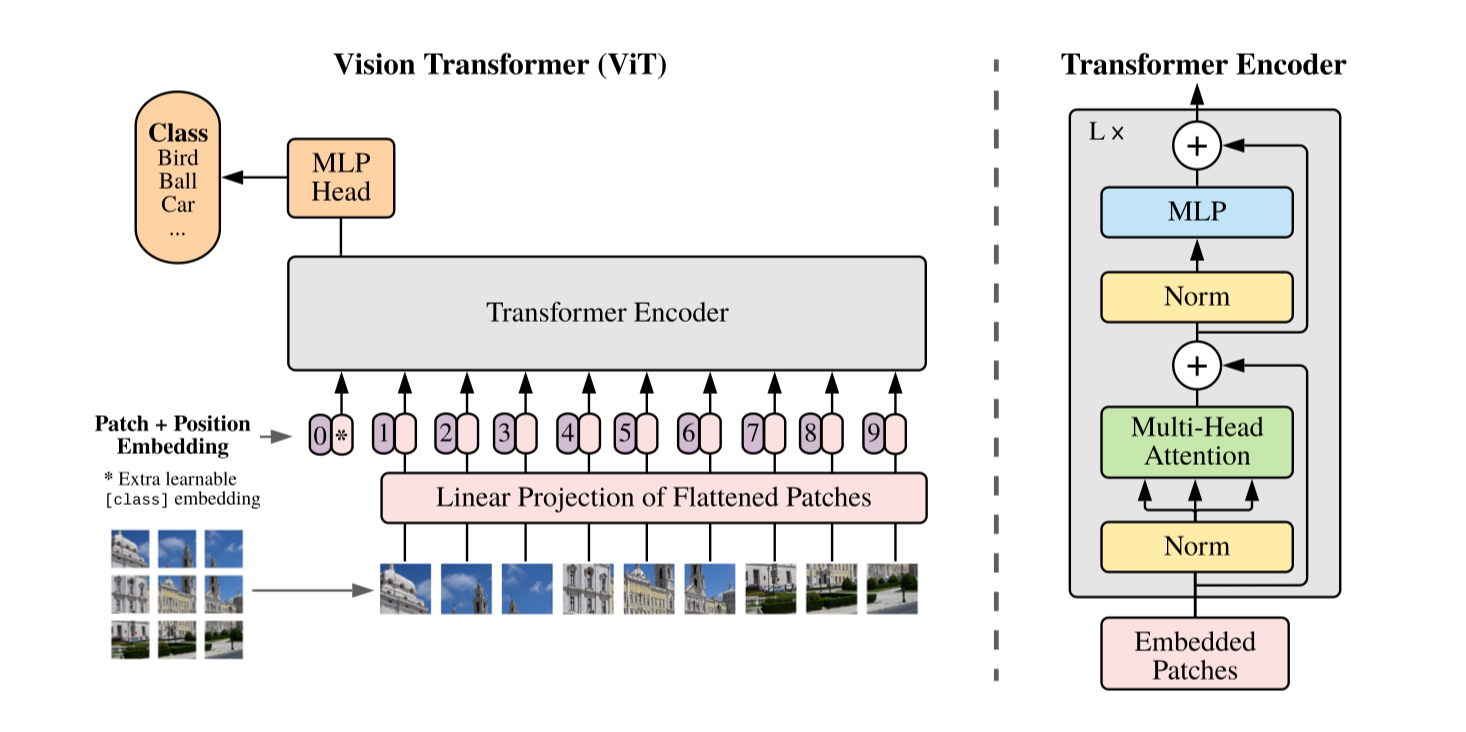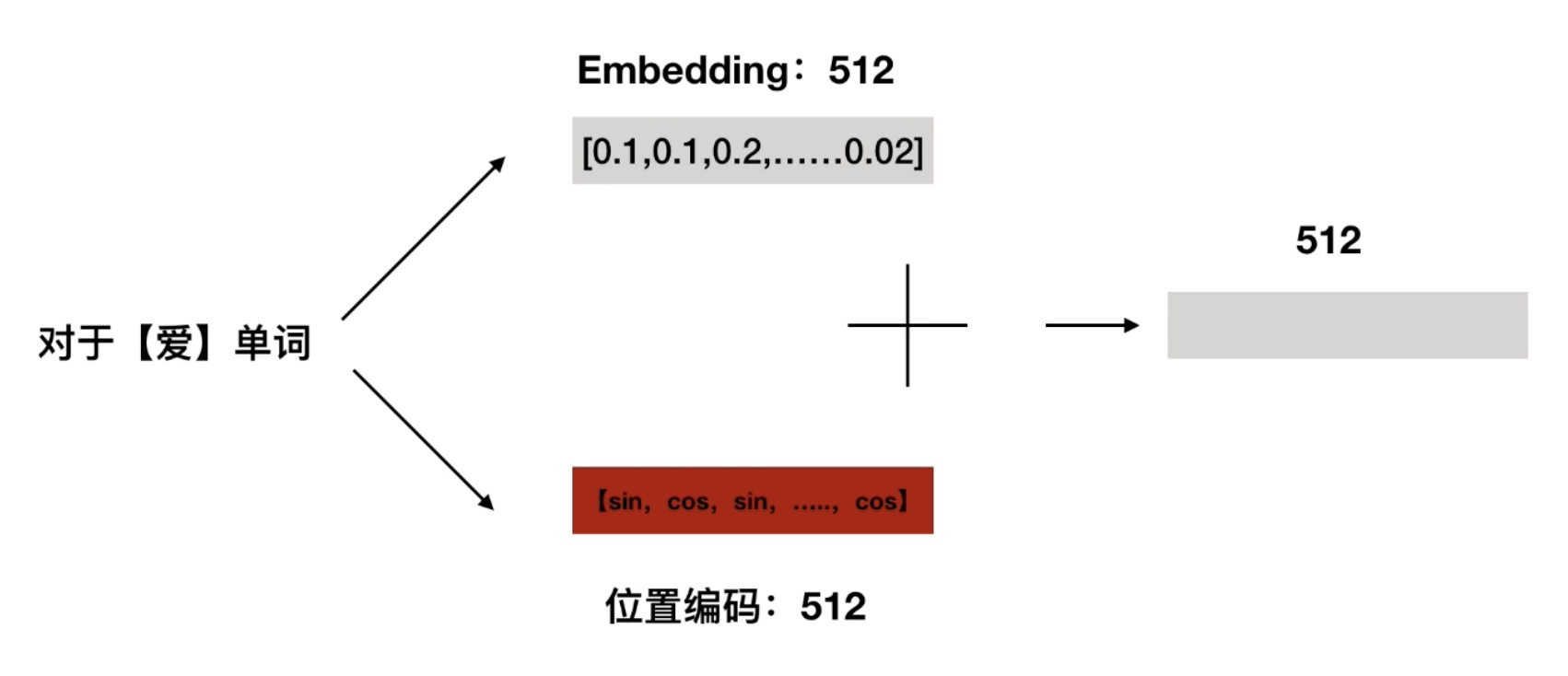独立主格
回忆一下非谓语动词对从句的简化:
Because he was invited by the wolf, the rabbit decided to go to the party.
因为兔子被狼邀请了,所以兔子决定去参加聚会。
=> Invited by the wolf, the rabbit decided to go to the party.
因为兔子被狼邀请了,所以兔子决定去参加聚会。
这里省略掉了Because he was表达的意思还是相同的。
Because the wolf invited him, the rabbit decided to go to the party.
因为狼邀请了兔子,所以兔子决定去参加聚会了。
=> The wolf inviting him, the rabbit decided to go to the party.
因为狼邀请了兔子,所以兔子决定去参加聚会了。
后者这个句子的主干是:the rabbit decided to go to the party。前面The wolf inviting him中,invite这个动作是由the wolf发出的,不是真正的主语the rabbit发出的,这里the wolf称为invite的逻辑主语(这就是独立主格结构中的「独立主格」)。
它是逻辑主语理解为「主格」很合适,那为什么独立呢?
因为它是独立于真正的主语the rabbit的。
上面引出了独立主格的概念,下面看一下独立主格结构对从句的简化:
If the weather permits, the rabbit will go out.
如果过天气允许,兔子就会出门。
=> The weather permitting, the rabbit will go out.
After the work was finished, the rabbit went home.
工作完成后,兔子回家了。
=> The work finished, the rabbit went home.
The rabbit is lying in bed and carrot is still held in his hand.
兔子正躺在床上,胡萝卜仍在他手中。
=> The rabbit is lying in bed, a carrot still held in his hand.
这里把并列句转换为一个句子了
上面说的只是独立主格的两种形式:名词 + 现在分词/过去分词
实际上独立主格的形式有:
名词+现在分词
the wolf inviting him
名词+过去分词
a carrot held in the hand
名词+动词不定式
The rabbit to come, the wolf is overjoyed.
兔子要来,狼乐翻天
rabbit为名词,to come是动词不定式(一般表示将要发生的动作)
代词(或名词)+名词
Many animals went to the party, some of them rabbits and wolves.
许多动物去了聚会,它们中的一些事兔子和狼。
some为不定代词,rabbits and wolves为名词
代词(或名词)+形容词
Many animals went to the party, some of them happy.
许多动物去了聚会,它们中的一些很开心
some为不定代词,happy为形容词
代词(或名词)+副词
The rabbit sat on a chair, head down.
head为名词,down为副词
代词(或名词)+介词短语
The rabbit came in, carrot in hand.
carrot为名词,in hand为介词短语
…
可以发现它们更像是:名词/代词 + being + …
例如:
还有一种形式:
“with” + 宾语 + 宾语补足语
The work finished, the rabbit went home.
工作完成后,兔子回家了
=> With the work finished, the rabbit went home.
可以发现一般这个with是被省略了的。
一般省略with还会省略别的结构,例如:
The rabbit came in, with a carrot in his hand.
兔子进来了,手里拿着一根胡萝卜。
=> The rabbit came in, carrot in hand.
这里直接就把冠词a和物主代词his都省略掉了
独立主格还是要和非谓语一起用的,要学好了非谓语才好。







.jpg)


